
"Hello, I'm Jee, a reporter for Rappler, an online news site," I said, stuttering a bit while extending my hand for a handshake.
In my nervousness, I introduced myself the usual way I would with sources I meet for the first time. I couldn't bring myself to say "annyeonghaseyo," afraid that I'd say it wrongly even after years of greeting my Korean drama-loving friends that way.
I wasn't sure if he even understood what I said, but that's not important, I thought. I was sitting in front of Ji Soo, and I only have a few minutes to interview him. Whether or not he knows my name was the least of my concerns.
What I also couldn't tell Ji Soo during that brief encounter was that I'm one of his biggest fans.
I've been a Korean drama fan since 2008, the year I started consuming Asian television shows regularly because of better access to them.
My taste in Korean dramas or K-dramas have changed through the years: I loved every minute of the hot mess that was Boys Before Flowers, even attending Kim Hyun Joong's 2010 concert here in the Philippines because I was obviously #TeamJiHoo.
Come 2012, however, I found myself watching one excellent show after another (Read: Answer Me 1997, Queen In Hyun's Man, Shut Up: Flower Boy Band, and Arang and the Magistrate). Since then, I just couldn't settle anymore for mediocre shows.
I picked up Angry Mom in 2015 because of the hilarious promos: It's a coming-of-age comedy starring an ajumma – a married woman or a middle-aged lady – who disguises herself as a high-schooler to protect her daughter from school bullies.
The show itself turned out to be darker than I expected as it tackled the issue of school bullying in South Korea, but what I'd remember the most about the drama was the scene-stealer and rookie actor Ji Soo.
I've seen most of his Korean dramas after Angry Mom, but Ji Soo played supporting roles in all of them except for the 3-episoder Page Turner. That's why his Filipino fans call him "Pambansang (National) Second Lead."
I don't know about other fans, but what turned me into a huge Ji Soo fan isn't his boyish charm, or that deep voice of his.
What I love about him is that he's shown time and again that he's more than just a pretty face. Ji Soo has grown so much as an actor in the last 3 years since Angry Mom, playing every role with gusto, regardless if it's a supporting role or not.
I sat down with Ji Soo after his press conference with Filipino reporters and 3 one-on-one interviews with other media outlets.
Perhaps because I've watched a lot of his dramas, I expected a bright and bubbly Ji Soo to walk through the door; instead, he maintained a quiet demeanor throughout the interviews, although his face would occasionally light up whenever he talks about his fans.
During our short interview, I asked Ji Soo about his latest drama, Bad Guys: City of Evil. I haven't seen the drama yet, but just the thought of Ji Soo in an action drama excites me.
I asked him how different it was to prepare for a romantic comedy and for an action drama. He answered in Korean: "More than anything, the genre was not the usual one. So I had to get used to doing action. It was a lot of physical activity, and the genre is new to me, so most of all I think I really had to practice doing action."
Ji Soo added, "The character was also new for me. So I really had to do a lot of preparations on how I should project myself to portray the character's image out."
But in his press conference, Ji Soo admitted that he is most comfortable playing roles he can relate to and characters his age.
His dream role? To play characters in movies or dramas that are based on a true story. He said he wants to play a lot of different roles and grow more as an actor.
I said a brief "thank you" to Ji Soo before leaving the interview room, but not without a selfie to commemorate the day.
{source}<center>
<blockquote class="instagram-media" data-instgrm-captioned data-instgrm-permalink="https://www.instagram.com/p/Be_7uGXgvs0/" data-instgrm-version="8" style=" background:#FFF; border:0; border-radius:3px; box-shadow:0 0 1px 0 rgba(0,0,0,0.5),0 1px 10px 0 rgba(0,0,0,0.15); margin: 1px; max-width:658px; padding:0; width:99.375%; width:-webkit-calc(100% - 2px); width:calc(100% - 2px);"><div style="padding:8px;"> <div style=" background:#F8F8F8; line-height:0; margin-top:40px; padding:50% 0; text-align:center; width:100%;"> <div style=" background:url(data:image/png;base64,iVBORw0KGgoAAAANSUhEUgAAACwAAAAsCAMAAAApWqozAAAABGdBTUEAALGPC/xhBQAAAAFzUkdCAK7OHOkAAAAMUExURczMzPf399fX1+bm5mzY9AMAAADiSURBVDjLvZXbEsMgCES5/P8/t9FuRVCRmU73JWlzosgSIIZURCjo/ad+EQJJB4Hv8BFt+IDpQoCx1wjOSBFhh2XssxEIYn3ulI/6MNReE07UIWJEv8UEOWDS88LY97kqyTliJKKtuYBbruAyVh5wOHiXmpi5we58Ek028czwyuQdLKPG1Bkb4NnM+VeAnfHqn1k4+GPT6uGQcvu2h2OVuIf/gWUFyy8OWEpdyZSa3aVCqpVoVvzZZ2VTnn2wU8qzVjDDetO90GSy9mVLqtgYSy231MxrY6I2gGqjrTY0L8fxCxfCBbhWrsYYAAAAAElFTkSuQmCC); display:block; height:44px; margin:0 auto -44px; position:relative; top:-22px; width:44px;"></div></div> <p style=" margin:8px 0 0 0; padding:0 4px;"> <a href="https://www.instagram.com/p/Be_7uGXgvs0/" style=" color:#000; font-family:Arial,sans-serif; font-size:14px; font-style:normal; font-weight:normal; line-height:17px; text-decoration:none; word-wrap:break-word;" target="_blank">Started from 'Angry Mom' now we're here.</a></p> <p style=" color:#c9c8cd; font-family:Arial,sans-serif; font-size:14px; line-height:17px; margin-bottom:0; margin-top:8px; overflow:hidden; padding:8px 0 7px; text-align:center; text-overflow:ellipsis; white-space:nowrap;">A post shared by <a href="https://www.instagram.com/jeegeronimo/" style=" color:#c9c8cd; font-family:Arial,sans-serif; font-size:14px; font-style:normal; font-weight:normal; line-height:17px;" target="_blank"> Jee Y. Geronimo</a> (@jeegeronimo) on <time style=" font-family:Arial,sans-serif; font-size:14px; line-height:17px;" datetime="2018-02-10T02:12:04+00:00">Feb 9, 2018 at 6:12pm PST</time></p></div></blockquote> <script async defer src="//www.instagram.com/embed.js"></script>
</center>{/source}
I walked away coolly, but the fangirl in me was screaming internally. Meeting Ji Soo in the flesh made me an even bigger fan of his. Rest assured, I will be waiting for his next project with bated breath. – Rappler.com




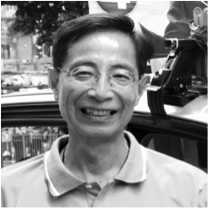
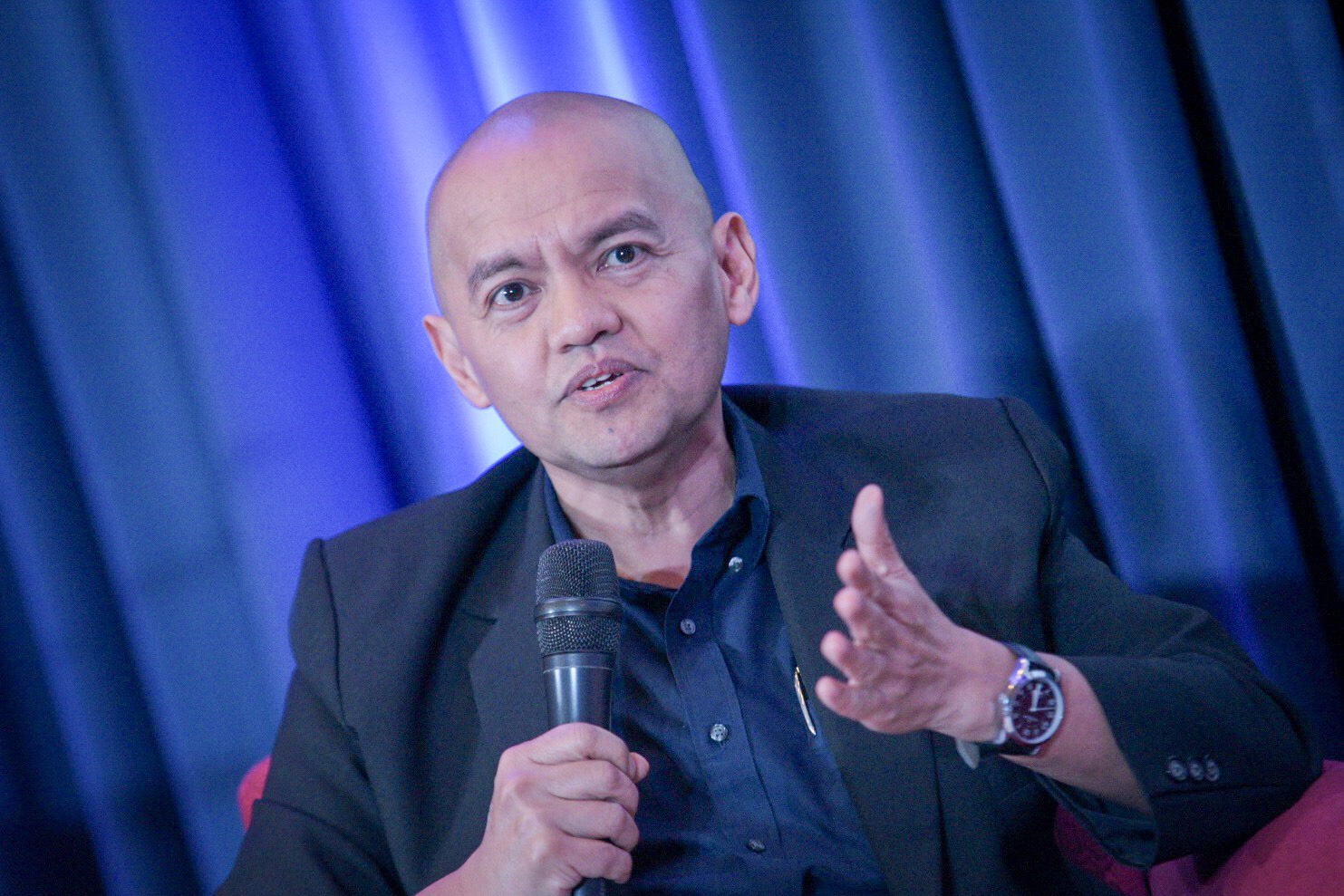



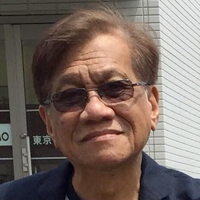 The problem with the current project to change the Constitution to bring about a federal form of government is that its main protagonists are hardly serious about their stated goal.
The problem with the current project to change the Constitution to bring about a federal form of government is that its main protagonists are hardly serious about their stated goal. 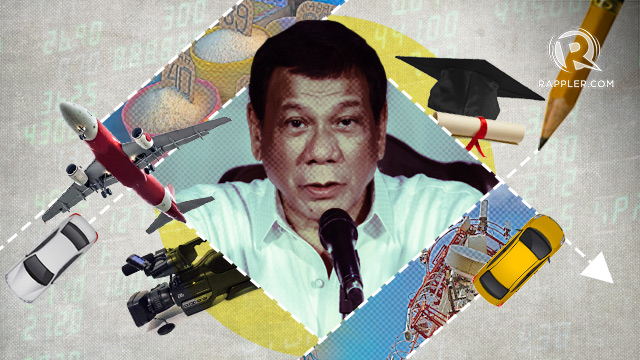
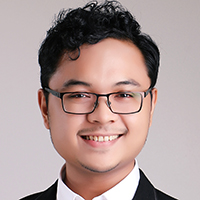


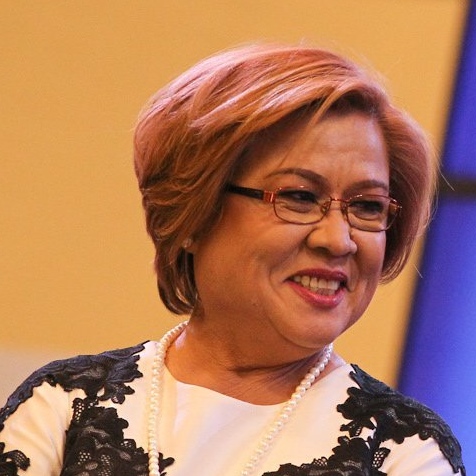


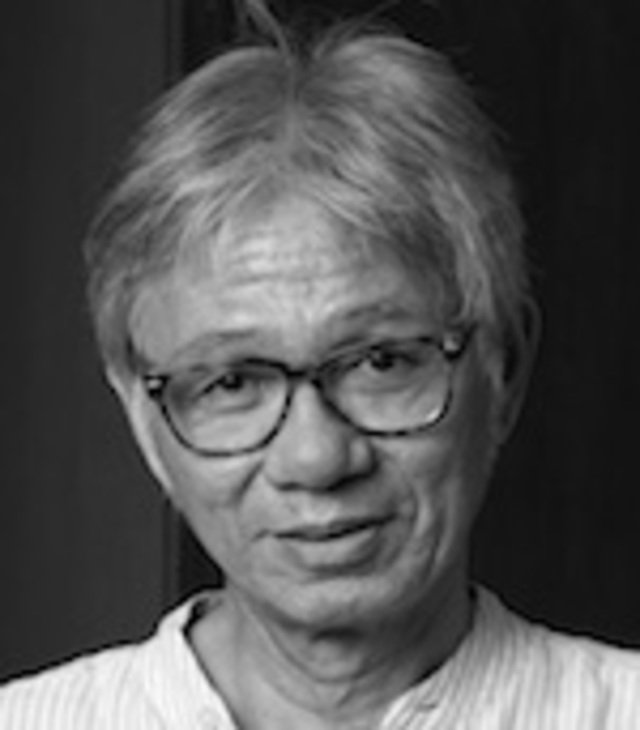

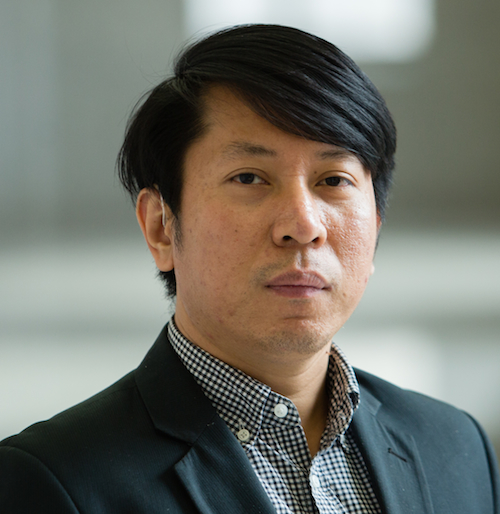

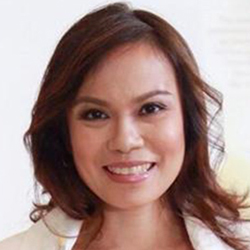
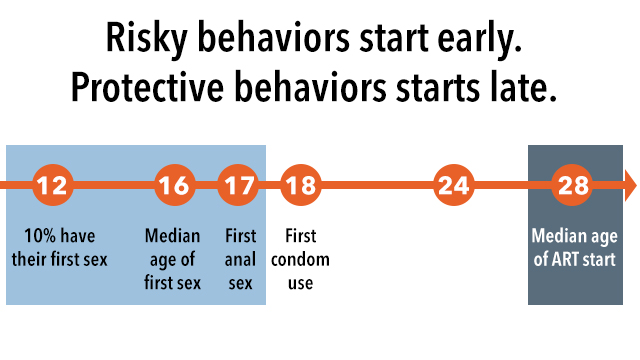








 The Center for Agrarian Reform and Rural Development (CARRD) has been involved in major agrarian reform campaigns staged after the 1986 EDSA Revolution. Together with other organizations and farmer groups, we’ve made a stand against the oppression experienced by landless farmers all over the country.
The Center for Agrarian Reform and Rural Development (CARRD) has been involved in major agrarian reform campaigns staged after the 1986 EDSA Revolution. Together with other organizations and farmer groups, we’ve made a stand against the oppression experienced by landless farmers all over the country.